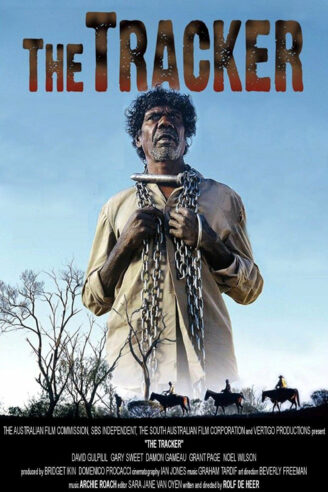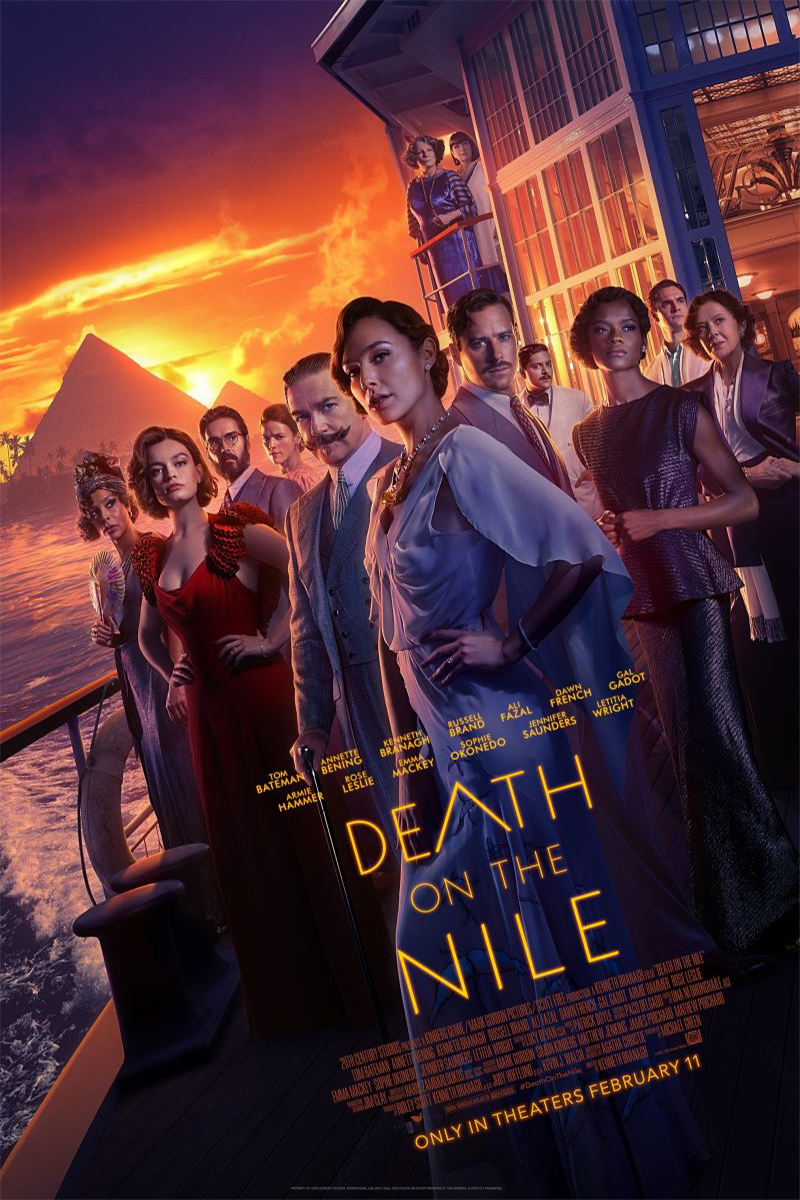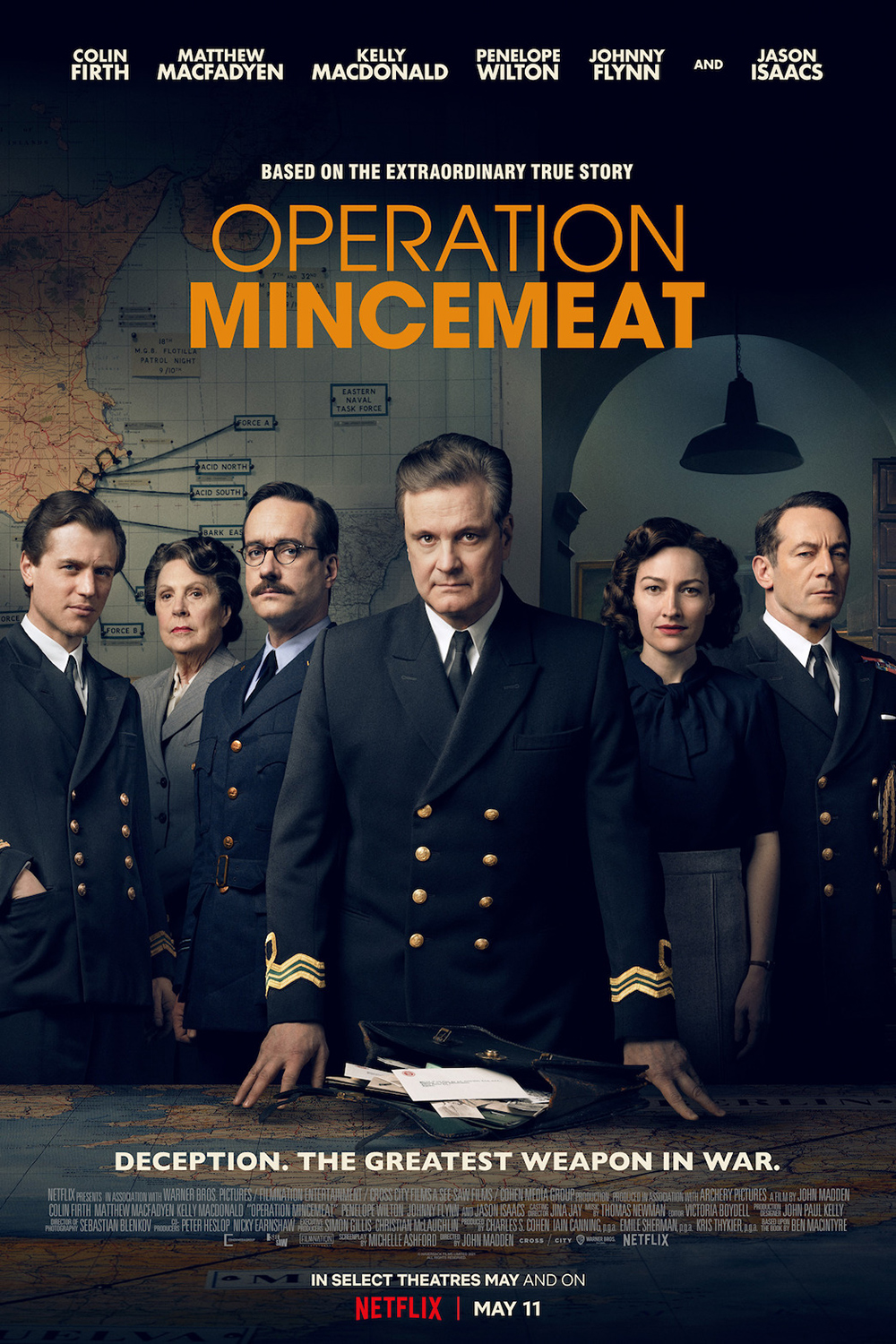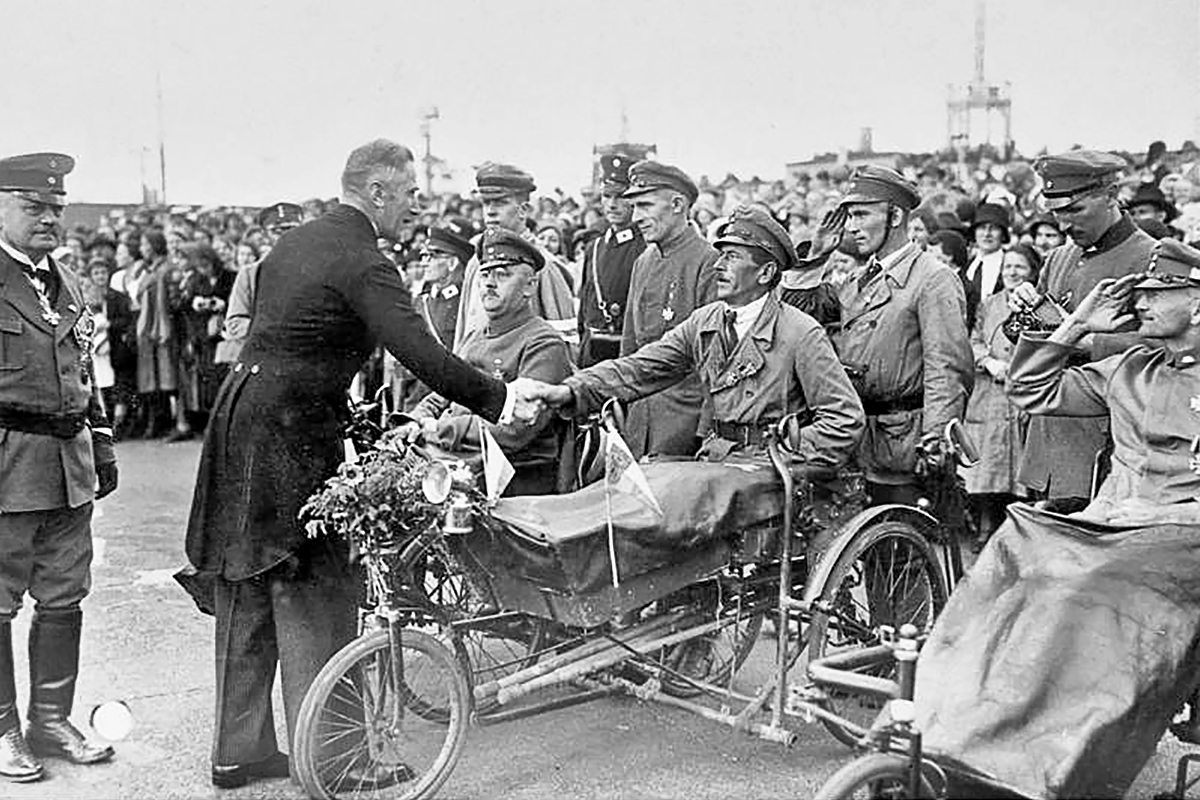I don’t know what it is, but I’ve found that Australians make great historical films. On this very site, I’ve reviewed Gallipoli (here) and Beneath Hill 60 (here), both about Australians in the First World War. This time we’ll stay in Australia itself, in the 1920s, with Rolf de Heer’s 2002 “meat pie Western” The Tracker.
This film is part of a long tradition of Australian films transposing the outlook and tropes of the American Western to the unique conditions of the Australian Outback. It makes a lot of sense: in both countries, Anglophone settler colonists inflicted massive suffering upon indigenous populations.
This period lasted longer in Australia. Their equivalent of the “closing of the West”, which in the US was the opening of Oklahoma Territory to white settlers, is often said to be sometime in the 1930s.
The plot is simple, at least at first: an Aboriginal Australian has been accused of raping a white woman and has fled into the Outback. Four men are sent to find him. They travel on horseback. Three are white: one is an ideologue, another is new to the job, and the third is in it for the money. The fourth member of the team, and central character of the film, is their Aboriginal guide through the land, which can be unforgiving, played by David Gulpilil.
None of the characters are named, they all go by titles. Gulpilil plays the titular character: the Tracker. This gives the film the quality of a parable of sorts, a sense that events like this have happened for centuries. The film is, indeed, a parable of Australia.
Right from the start, there is tension between the characters. All the whites, on some level, resent having to depend on an Aboriginal for anything, especially the enforcement of white justice. The isolation of the setting makes this all the more potent, for he is the key to their survival, and their willingness to survive by necessity conflicts with their feelings of entitlement to superiority, feelings that are soon shown to be utterly removed from fact.
The Tracker is a violent film, but it approaches this violence in a unique way. Whenever something bloody and brutal is about to happen, the footage is replaced by paintings by Peter Coad, who refuses to let this film so passionately against violence end up sensationalizing murder. It reminded me of the intercut animations from the 1968 film The Charge of the Light Brigade (reviewed here), but these are tragic rather than comic. I’ve never seen anything like it.
The Tracker is a searing examination of Australian history, and indeed the history of white settler colonialism. It is a viciously focused story, but one repeated the world over in one way or another. It is a film I will not soon forget, and one I recommend to all who are interested in this history.





